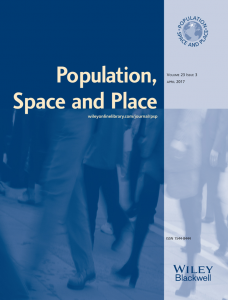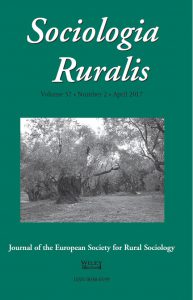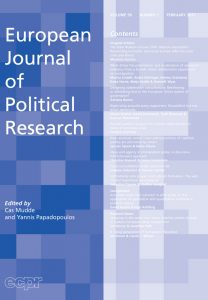The Humanities in Technology: What Kind of World Do We Want?
by Sociology Lens · Published · Updated

As the world becomes increasingly reliant on the work of artificial intelligence, machines, and automated learning, where does that leave the Humanities? How can we use these technological tools to inform research without compromising the necessary human contributions to these fields?
Machine-learning and AI algorithms are becoming ever more commonplace within research, and are beginning to find their uses within the broad scope of Humanities scholarship. At its most ambitious, AI aims to equal, if not outstrip, human intelligence. AI researchers speculate about the possibility of AI even transcending human intelligence. But where does this ambition leave the people at the heart of the Humanities? After all, these are disciplines that embody the peak of human creativity; philosophy, art, language, literature. Subjects which have, traditionally, been thought of as pure expressions of human nature at its finest. Cold science versus warm imagination.
Considering the role of AI helps us reframe this debate through the lens of using scientific techniques to enhance our understanding of the Humanities, to enhance the ways in which we can learn and the extent to which we can learn. AI is moving from a purely scientific remit to something broader, more fluid, more intuitive. As the technology grows, so does the capacity for application in qualitative research topics as well as quantitative.
As much as Humanities needs this new technology, the technology also needs the Humanities. AI developments will rely increasingly on language and communication, and in turn this requires an ethical examination of the complex issues surrounding the proliferation and integration into human society of an intelligence potentially greater than our own. We will need to assess, debate, and scrutinize AI applications from the angle of philosophy, morality, and ethics.
So how do we utilise and integrate this technology successfully into our Humanities research? How do we prepare from the enormous changes, benefits, and concerns that come with such a radical shift in how we understand and analyse Humanities subjects – how we understand and analyse ourselves?
A free webinar hosted by Wiley on November 14th will focus on three primary areas within this broader question:
- What field of humanities would most benefit from AI algorithms?
- Can machines extract meaning from texts better than humans?
- And as AI starts interpreting text/data, what ethical concerns does it raise?
Chaired by Kate McKellar, Senior Publishing Manager for Humanities journals at Wiley, she will be joined by: Professor Melissa Terras, Turing Fellow at the Alan Turing Institute and Professor of Digital Cultural Heritage at the University of Edinburgh; Dr Patricia Murrieta-Flores, Senior Lecturer in Digital Humanities at Lancaster University and Co-Director of their Digital Humanities Hub; Raymond Abruzzi, Publisher for the Wiley Digital Archives programme.
Click here to sign up for the free webinar.






1520-6688/asset/Capture.jpg?v=1&s=b5076c49a7d1c5f1b9cf0dd9cd292394a3be81cc)